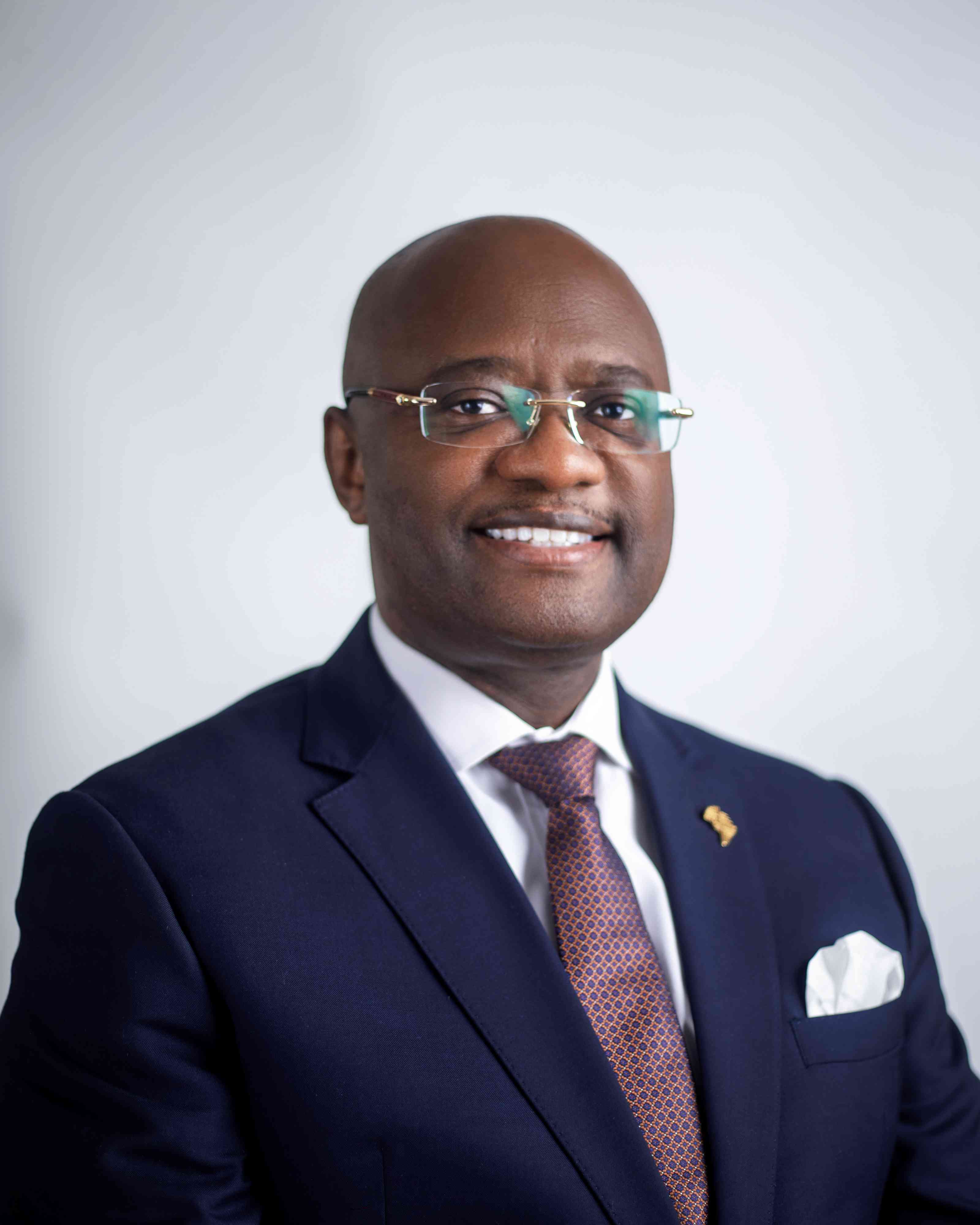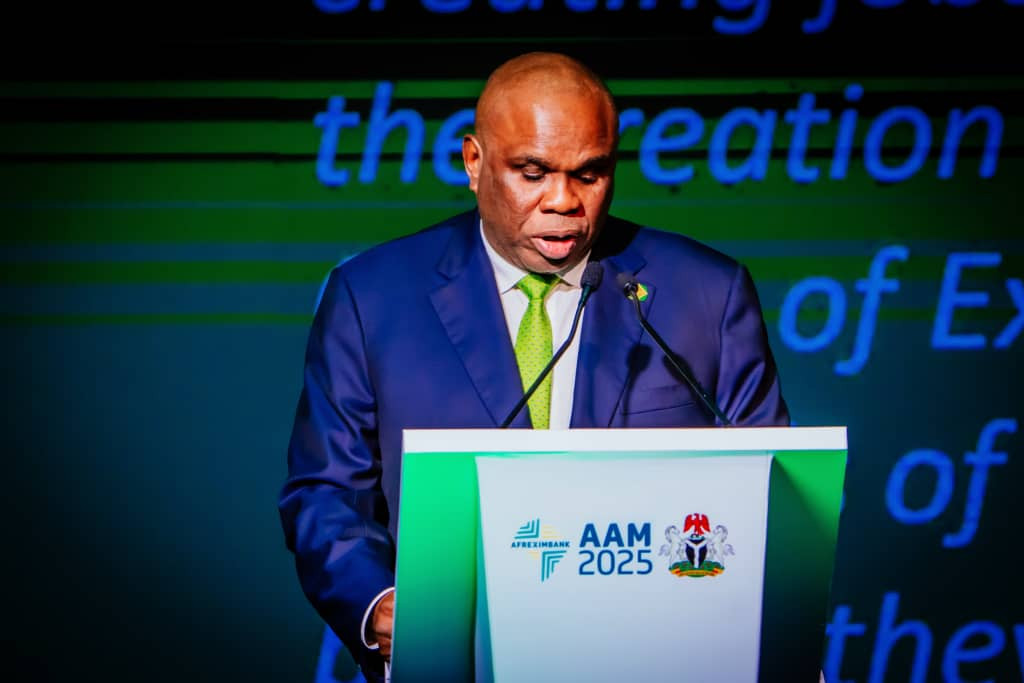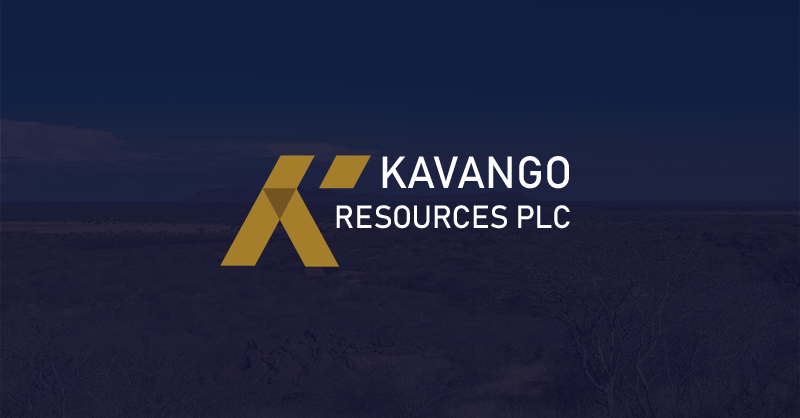
AS we step into 2025 with fresh opportunities and renewed vigour, I am thrilled to share my personal milestone of completing the Humanistic Leadership Academy (HLA) Development Cohort for Fall 2024.
This transformative experience not only deepened my understanding of humanistic principles in business education but also reaffirmed my commitment to fostering leadership that prioritises dignity, care, and authenticity.
In this article, I aim to unpack the essence of the programme, illustrate its relevance to Zimbabwe, and encourage aspiring leaders to seize this exceptional opportunity.
Humanistic Leadership Academy
The HLA’s mission is ambitious yet necessary: creating a world that works for everyone by revolutionising business education. Anchored in the principles of dignity, care, and shared flourishing, the programme challenges participants to move beyond conventional business paradigms and cultivate leadership that prioritises humanity and sustainability.
The development cohort is tailored for educators, equipping them with tools to nurture humanistic leaders, who can address pressing global and local challenges. As a Zimbabwean educator, I found the programme profoundly resonant with our context, where youth unemployment, industrial stagnation, and socio-economic inequality demand innovative and inclusive leadership.
Transformative journey
The seven-week programme was structured around themes, such as listening, recognition, dignity, authenticity, and accountability. Each session was an exploration of how these values could be embedded into leadership frameworks and business curricula.
- Transformation: Journey through humanist leadership academy
- Leading for a better tomorrow: The humanistic leadership journey
Keep Reading
The capstone session on January 3 2025 was particularly inspiring, as participants reflected on their learning journeys and made commitments to drive positive change in their communities.
One of the most compelling aspects of the programme was its emphasis on care and accountability. In a Zimbabwean context, where small and medium enterprises are the backbone of the economy, these values are critical for fostering trust and collaboration.
For instance, the ongoing success of cooperative farming initiatives in Mashonaland West highlights the transformative power of leadership that prioritises community well-being.
Why humanistic leadership
Zimbabwe’s challenges, from youth unemployment to limited industrial capacity, require leadership that transcends traditional profit-driven models.
The HLA’s approach aligns seamlessly with our national philosophy of Ubuntu, which emphasises interconnectedness and mutual respect. By integrating humanistic principles into business practices, we can catalyse sustainable development and empower marginalised communities. The HLA equips educators and leaders with the mindset to replicate and scale such successes across various sectors.
Encouraging participation
As the HLA opens enrolment for its next cohort, I urge Zimbabwean educators, business leaders, and policymakers to consider participating.
The programme offers not just a wealth of knowledge but also a global network of like-minded individuals committed to driving meaningful change. The Humanistic Leadership Academy Manifesto encapsulates this spirit, inviting all stakeholders to join the movement towards a more equitable and compassionate world.
Conclusion
Completing the HLA Development Cohort has been a deeply enriching experience that has reshaped my perspective on leadership and education.
As I share this journey with you, my hope is to inspire a wave of participation from Zimbabwe, enabling our leaders to harness the power of humanistic principles for national progress. Together, we can build a future where leadership is not just about profit but about people, purpose, and prosperity.
Stay tuned for next week’s column, where I will delve deeper into this transformative programme through an interview with David Pickersgill, one of its distinguished facilitators. Until then, let us commit to leadership that uplifts and unites.
Jongwe is a humanistic leader with extensive expertise across various industries in Southern Africa, including higher education — WhatsApp: +263 788016938/ email: at [email protected]











